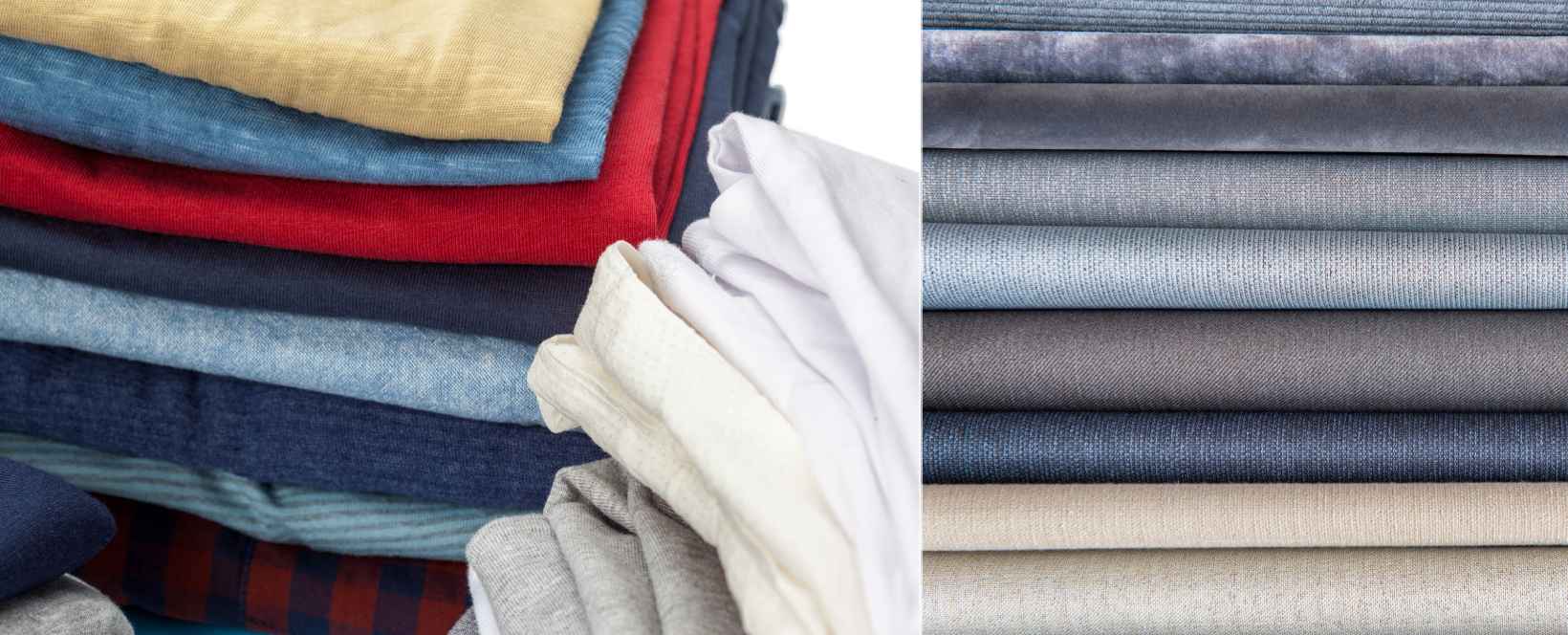How to Choose the Best Fabric for Embroidery on Shirts

A plain shirt can become a personalised and beautiful piece of art with professional embroidery. However, choosing the right fabric for embroidery on shirts is crucial to ensure the final product looks professional and lasts long. Read this guide as we help you navigate the options and select the most suitable fabric for your embroidery projects.
Understanding the Importance of Fabric Choice
The fabric you choose sets the foundation for your embroidery design. The wrong material may lead to puckering, uneven stitches, or designs that don’t hold up over time. A well-chosen embroidery fabric for shirts ensures the design remains vibrant and intact after multiple washes and wears.
Types of Fabrics Suitable for Embroidery
When considering what fabric is best for embroidery, looking for materials sturdy enough to handle stitching without distorting is essential. Here are some top options:
- Cotton: A versatile and popular choice, cotton is lightweight and easy to work with. It’s a suitable fabric for machine embroidery.
- Linen: Linen offers a natural texture that adds character to embroidered shirts. Its durability makes it ideal for intricate designs.
- Polyester Blends: These wrinkle-resistant fabrics are often used for uniforms or corporate shirts. However, you must check if the blend is stable enough for embroidery.
- Denim: This heavier material can create bold and striking embroidery designs, though it requires a sturdy needle and thread.

Factors to Consider When Choosing Fabric
Choosing the best fabric for embroidered shirts involves evaluating these critical factors:
- Fabric Weight: Consider the embroidery fabric weight to ensure it complements your design. Lightweight fabrics work well for delicate patterns, while heavier fabrics are ideal for bold designs.
- Fabric Stretch: Avoid overly stretchy fabrics unless you’re confident using stabilisers to prevent puckering.
- Fabric Weave: A tight weave is easier to embroider because it provides better stability. Loose weaves may require additional support.
- Hoop Compatibility: If you’re using a hoop, select a fabric for an embroidery hoop that fits securely without excessive stretching.
- Fabric Colour: The fabric’s colour acts as the backdrop for your embroidery, so it’s essential to choose wisely for your design to pop and align with your branding goals. Remember, a contrasting fabric colour can make your logo or design stand out and draw attention.
How to Choose Fabric for Embroidery
Choosing the right fabric doesn’t have to be complicated. Follow these tips for success:
- Match the Design to the Fabric: Heavier designs pair well with durable fabrics, while intricate patterns suit lightweight materials.
- Test Before Committing: Always test a small section of fabric to see how it reacts to embroidery stitches.
- Consult an Embroidery Fabric Guide: A guide can provide detailed insights into fabric types and their compatibility with embroidery methods.
Preparing Your Fabric for Embroidery
Once you’ve selected your fabric for embroidery on shirts, it’s essential to prepare it properly:
- Pre-wash the Fabric: Washing removes any shrinkage and ensures the design stays intact after future washes.
- Use a Stabiliser: Stabilising your fabric is key, particularly when working with thinner materials or complex designs.
- Mark Your Design Area: Outline where the embroidery will go using a tailor’s chalk or a water-soluble marker for precise placement.
Why Fabric Choice Matters for Machine Embroidery
The fabric used for machine embroidery must withstand the speed and tension of machine stitching. Polyester blends and tightly woven cotton are excellent choices, as they maintain stability under the machine’s pressure.
Order Your Custom Embroidered Shirts Today!
Now that you know how to choose the right fabric for embroidery on shirts, it’s time to bring your designs to life. At Graphic Stitches, we specialise in creating high-quality embroidered shirts tailored to your needs. You may request a quote on our page or contact us at 0417 182 727 to learn more.